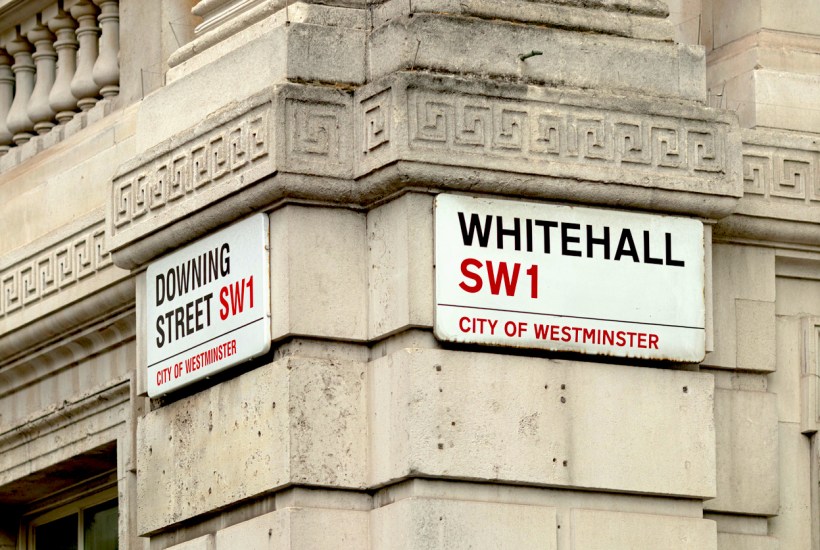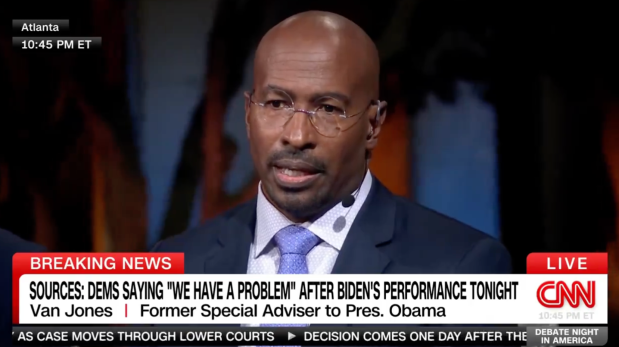The term ‘technocracy’, or more often ‘technocrat’, is found everywhere. Both Rishi Sunak and Keir Starmer are referred to as technocrats. But what exactly does it mean?
In the 15 years he served as prime minister, Lord Liverpool always put in the hours. He dutifully opened the latest despatches and read them in turn, though his delicate nature made him dread the task.
Already a subscriber? Log in
Subscribe for just $2 a week
Try a month of The Spectator Australia absolutely free and without commitment. Not only that but – if you choose to continue – you’ll pay just $2 a week for your first year.
- Unlimited access to spectator.com.au and app
- The weekly edition on the Spectator Australia app
- Spectator podcasts and newsletters
- Full access to spectator.co.uk
Or




















Comments
Don't miss out
Join the conversation with other Spectator Australia readers. Subscribe to leave a comment.
SUBSCRIBEAlready a subscriber? Log in